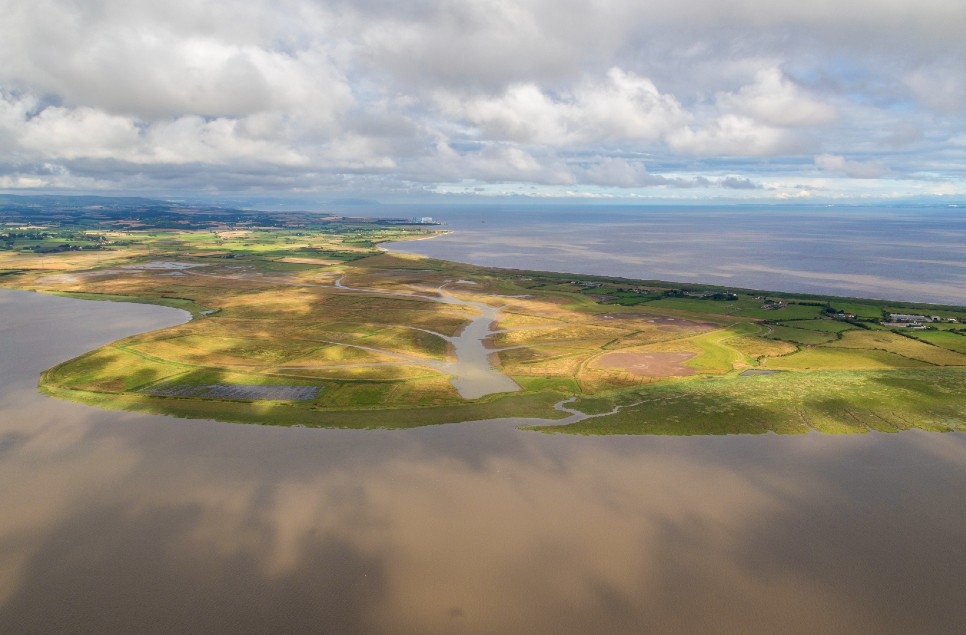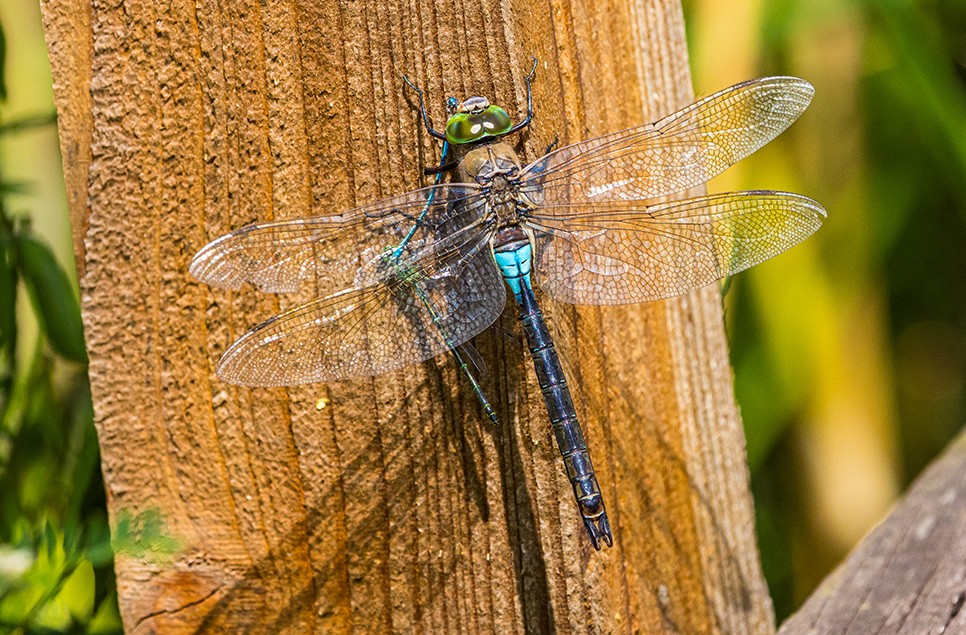WWT welcomes UK risks report that highlights role of nature in tackling climate crisis

WWT has welcomed the Independent Assessment of UK Climate Risk report released by the Climate Change Committee which states clearly that we cannot deliver net zero without tackling the nature crisis.
Healthy wetlands were mentioned at the report’s launch alongside peat and woodlands as having a vital role in fighting climate change.
The Climate Change Committee’s assessment is independent advice which the government will use to inform its decision making. These reports are published every five years and set out not only the risks but also the opportunities facing the UK from climate change.
In a blog about the report the Green Alliance said this was “the clearest and most alarming picture yet of what the changing climate could mean for the future of the UK” and that it should send “shockwaves” through the government.
In the report, the committee identifies eight priority risk areas which need immediate attention - at the latest in the next two years. These are:
- Risks to the viability and diversity of terrestrial and freshwater habitats and species from multiple hazards
- Risks to soil health from increased flooding and drought
- Risks to natural carbon stores and sequestration from multiple hazards, leading to increased emissions
- Risks to crops, livestock and commercial trees from multiple climate hazards
- Risks to supply of food, goods and vital services due to climate-related collapse of supply chains and distribution networks
- Risks to people and the economy from climate-related failure of the power system
- Risks to human health, wellbeing and productivity from increased exposure to heat in homes and other buildings
- Multiple risks to the UK from climate change impacts overseas
At the launch of the report, the chair of the committee Baroness Brown said:
“The severity of the risks we face must not be underestimated. These risks will not disappear as the world moves to Net Zero; many of them are already locked in.”
In particular, she drew attention to the urgent need for adaptation to tackle the crisis – saying that at the moment it was the “Cinderella of climate change”. She specifically mentioned wetlands in her call for adaptation:
“We cannot rely on nature to sequester carbon unless we ensure that our peat and our trees and our wetlands are healthy, not only today but in the climate conditions we will all be experiencing in the future,” she said.
WWT’s senior policy and advocacy officer Hannah Freeman said the committee had done a good job in highlighting not only the scale of the risks we face, but also the opportunities that are there to reduce that risk.
“One of these is investing in nature based solutions and at WWT we are calling for investing in wetland saltmarsh restoration and creation which will not only store carbon but also provide other benefits including buffering storm surges and reducing flooding,” she said
“The report highlighted that one of the highest risks is the risk to nature and natural carbon stores - to tackle that we need to invest in nature to make it healthy and resilient, which will, in turn reduce the impact on human health and wellbeing.
“The report highlights that in order to meet net zero, nature in the UK needs to absorb 8 megatonnes of carbon and we need to invest in nature to achieve this.”
WWT are calling for the creation and restoration of 100,000ha of wetlands as part of our Blue Recovery to overcome the climate, nature and wellbeing crises we are experiencing. We need Government to adopt policies and funding mechanisms that support wetland creation and restoration such as saltmarsh for carbon sequestration, natural flood management, health and well-being and water quality.



